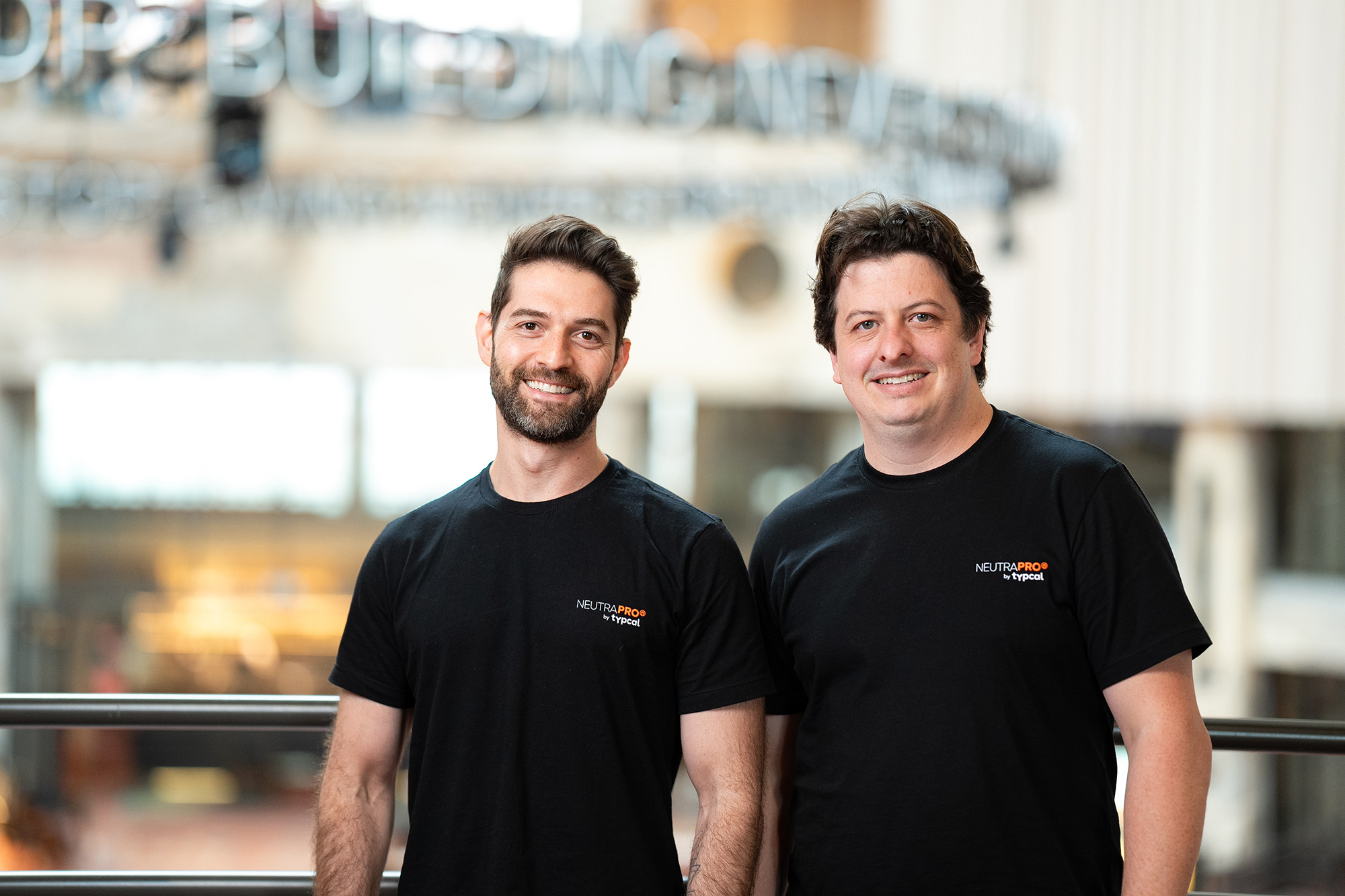

Cambridge scientist reveals simple ‘protein nudge’ that could double Greggs’ Vegan Sausage Roll sales
New research from the University of Cambridge has identified a surprisingly effective way to boost sales of plant-based foods – and it was as simple as changing the label.
The study, published in Frontiers in Sustainable Food Systems, was led by Dr Chris Macdonald, Director of the Better Protein Institute and Fellow at Lucy Cavendish College, University of Cambridge. His approach, described as a 'nudge by proxy', more than doubled the number of participants choosing meat-free meals in controlled experiments involving 3,000 people. The findings suggested that highlighting nutritional strengths, such as protein content, could be far more persuasive than traditional environmental or carbon-footprint messaging.
“People often think that their own beliefs and values are more common than they actually are,” said Dr Macdonald. “This is called the false consensus effect. Researchers who are also environmentalists might favor interventions that emphasize negative environmental impacts because that’s what influences them. They may assume it will be equally persuasive to the average consumer. I call this the environmentalist bias. To avoid it, I engaged directly with consumers before designing any intervention.”
Dr Macdonald began by surveying 1,500 consumers and found that many viewed protein as a barrier to reducing meat consumption. This perception – which he called the 'insufficiency illusion' – stemmed from a false belief that meat-free foods lacked essential nutrients. Using that insight, he developed a label focusing purely on protein content.
The results were striking. When participants were shown options that included a simple protein label, meat-free choices became the majority decision. “In the second experiment, the meat-free meal was chosen by less than a quarter of participants in the control group, but by over half in the protein label group,” said Dr Macdonald. “This increase of more than 100% was consistent for both men and women – a step-change we hadn’t seen before.”
To demonstrate the real-world implications, Dr Macdonald pointed to one of the UK’s best-known bakery items: the Greggs Vegan Sausage Roll. “Not only does it come with fewer greenhouse gas emissions and lower fat content, but it actually contains more protein than its meat-based counterpart,” he said. “The same is true for Greggs’ breakfast roll range. Highlighting that fact could significantly increase sales and support the company’s sustainability goals.”
Following publication of the paper, Dr Macdonald sent an open letter to Greggs’ leadership team, including CEO Roisin Currie, Head of Sustainability Paul Irwin-Rhodes, Customer & Marketing Director Hannah Squirrell, Product Development & Innovation Lead Sarah Graham, Brand Communications & Creative Lead Fiona Mills, and Head of Brand and Communications Ian White.
“At the Better Protein Institute, we were committed to turning research into tangible impact,” said Dr Macdonald. “That’s why I shared these findings directly with Greggs and offered to collaborate. They have a unique opportunity to increase sales while reinforcing their reputation as a sustainability leader. The ball is in their court now.”
The study challenged a common assumption in food sustainability campaigns: that consumers would make greener choices if they understood the environmental benefits. Dr Macdonald’s findings suggested that nutritional cues, framed in line with everyday motivations, could be far more powerful in driving behavior change.
He argued that this approach helped counter what he called a “dangerous narrative” – the idea that changing eating habits was simply too difficult. “A rising tide of global meat consumption fuels the belief that shifting behavior is impossible,” he said. “My work provides a defiant counter-narrative. With a data-driven approach, we can uncover new interventions that significantly outperform the popular ones. The secret is simple: start with first principles, engage with the consumer, and don’t give in to pessimism. That’s data-driven, defiant optimism in action.”
The Better Protein Institute focuses on accelerating the global transition to healthier, more sustainable protein sources. Its work begins with three questions: what are the best sources of protein currently available, why aren’t more people consuming them, and how can that gap be closed?
Dr Macdonald, who was recently named among the 40 Under 40 Award winners for Science and Innovation, said he hoped his research would inspire the food industry to look beyond environmental messaging alone. “The lesson from this work is not to tell consumers what they should want, but to understand what already motivates them – and build from there,” he said.
The study, Nudge by Proxy: Engaging Consumer Motivations to Increase Low-Emission Food Choices, was published in Frontiers in Sustainable Food Systems.
If you have any questions or would like to get in touch with us, please email info@futureofproteinproduction.com






